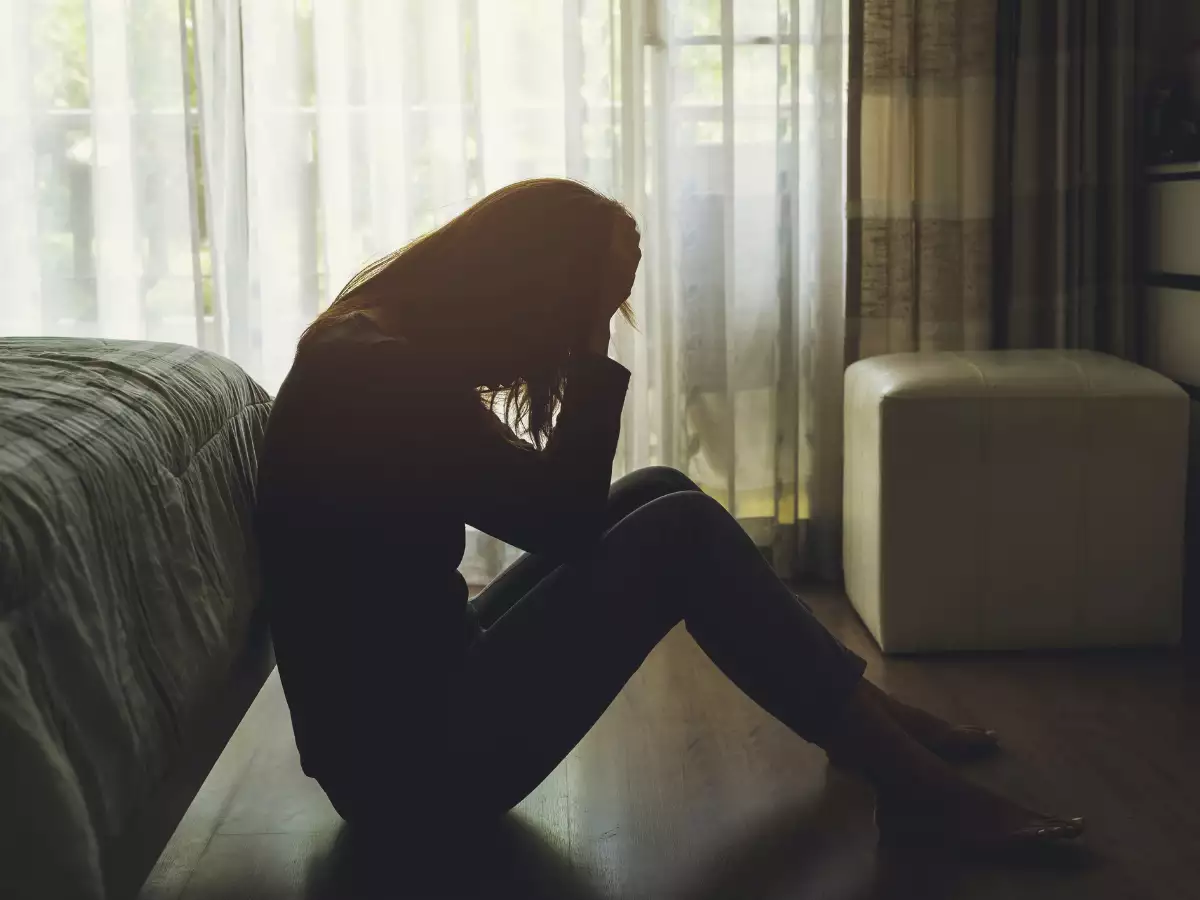
Depression is a very elusive creature. I mention that because there is always a chance of a depressive recurrence just when things are starting to level out.
Let me clarify for people who do not experience depression. When you have depression, it may be acute, which comes on quickly, or it may be chronic (clinical), which tends to return back at various times during your life. While counseling, medicine, and lifestyle modifications may all help depression become more tolerable, they cannot completely cure it.
It’s wise to keep an eye out for the following symptoms if you love someone who suffers from depression. It is much simpler to assist in preventing the relapse if you can help them understand what is occurring.
1. Isolation & withdrawal.
Isolation and withdrawal are significant warning signs of a depressive recurrence. It’s probable a relapse if you or someone you know who struggles with depression starts to spend more time alone, cancels plans at the last minute, stops responding to messages, or avoids people completely.
2. Overwhelming feelings of sadness.
As someone who has suffered from depression for quite some time, this is typically the first sign for me. It will seem as though all of the light has been drained from the room and all of a sudden, you are no longer thriving but instead, just getting by.
3. Difficulty concentrating.
When someone becomes depressed, it can be jarring. Oftentimes, it can cause you to get stuck in your mind, which makes concentrating very difficult. Most people don’t realize this is a symptom, but you have to remember, that depression comes in and hijacks your brain.
4. Loss of interest in activities.
This is a possible sign of a depression relapse if you see someone who usually enjoys being active and investing time and effort in their favorite hobbies and activities but who suddenly seems to have lost interest in them. Frequently, this comes after a period of intense drive, which may make the plunge downhill much more difficult.
5. Sleep disruptions.
Sleep problems are frequent during depressed relapses. The problem with this is that everyone’s definition of sleep disturbance varies. While I tend to sleep for considerably longer periods of time during an episode, others may find it difficult to fall asleep at all.
6. Self-loathing.
Someone relapsing often has feelings of worthlessness, self-loathing, and self-doubt. Even if we all sometimes do this, this will be far more often.
7. General negative thinking patterns.
Look for signs of negativity in the sad person’s speech. They may be taking a dark turn if they suddenly seem to be more interested in talking about negativity than they normally are.
8. Fatigue.
Depression is often thought of as a condition that just affects the mind. Because depression affects the physical brain and central nervous system, it’s critical to keep in mind that depression is also a medical condition. A continually spinning, gloomy mind is often the cause of fatigue.
9. Loss of motivation.
Loss of motivation is one sign of depression that is frequently present in all sufferers. When a depressed relapse is beginning, it’s extremely usual for a person to feel less inspired to do routine, everyday duties.